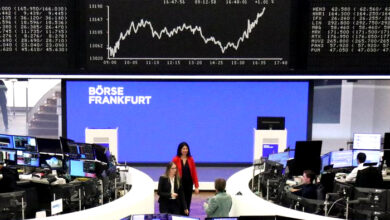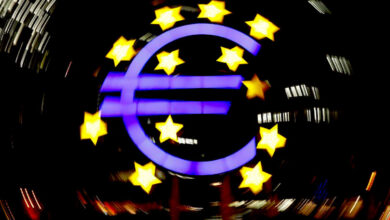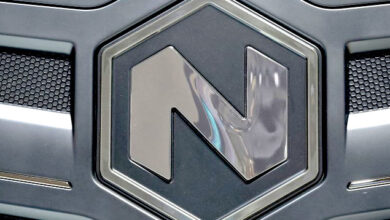Toyota triples its planned investment in a U.S. battery facility to $3.8 billion.

Toyota Motor Corp. said on Wednesday that it will increase the amount it plans to spend on a new battery plant in the U.S. from $1.29 billion to $3.8 billion. This is partly because customers are buying more electric cars.
According to Norm Bafunno, senior vice president of powertrain production and engineering at Toyota Motor North America, battery producer Panasonic will be a partner in the Liberty, North Carolina, factory through its Prime Planet Energy & Solutions (PPES) joint venture with Toyota.
Related: Toyota will invest $5.3 billion on batteries in Japan and the U.S.
The opening of the Liberty facility is scheduled for 2025. In an interview, Bafunno said that PPES will give people experience with the tools and technologies used to make batteries.
Panasonic also has a joint venture with Tesla Inc. to produce batteries in Nevada, and it recently announced plans to construct a $4 billion facility in Kansas to serve Tesla and other vehicles.
Last fall, when Toyota said it would invest $1.29 billion in North Carolina, the state said it would give Toyota an extra $315 million if the company spent more than $3 billion.
Bafunno stated that Toyota wants to construct two manufacturing lines at the Liberty factory that would be dedicated to producing batteries for fully electric vehicles, in addition to the four lines that were previously slated to produce smaller batteries for hybrid vehicles like the Toyota Prius. He declined to disclose the anticipated production capacity of the factory.
Related: Toyota’s global car output fell again in July, putting the company’s yearly goal in jeopardy.
Bafunno stated that initially, the factory would manufacture lithium-ion batteries utilising relatively traditional electrode technology: a blend of nickel, cobalt, and manganese for the cathode, and graphite for the anode. In time, however, other technologies, such as solid-state electrolytes, might be implemented.
“This technology will evolve rapidly,” Bafunno stated.
The U.S. Inflation Reduction Act, which was just signed into law, gave the Liberty facility more money to invest because it gives manufacturers incentives and customers tax credits to make more EVs and batteries in the United States.





